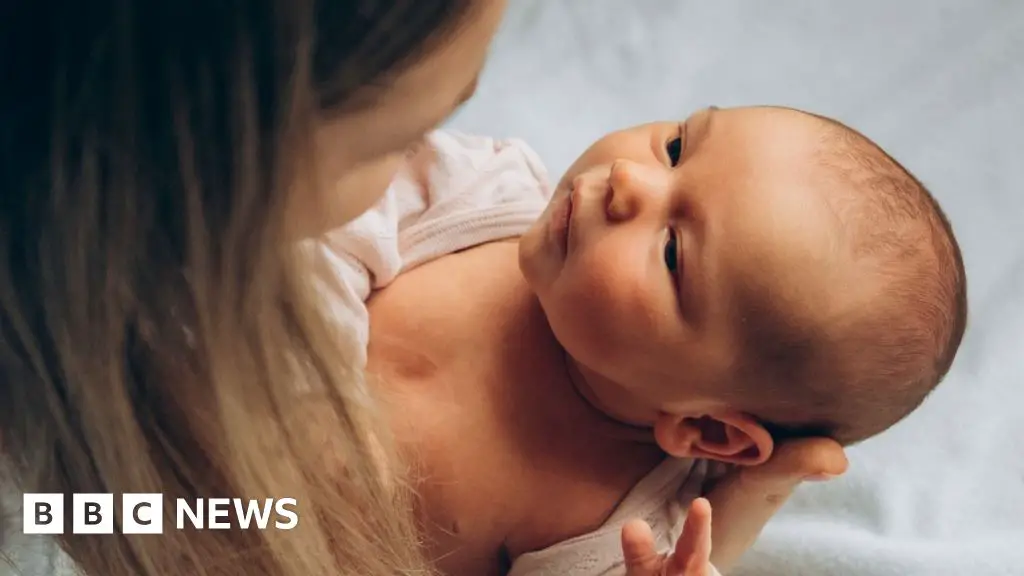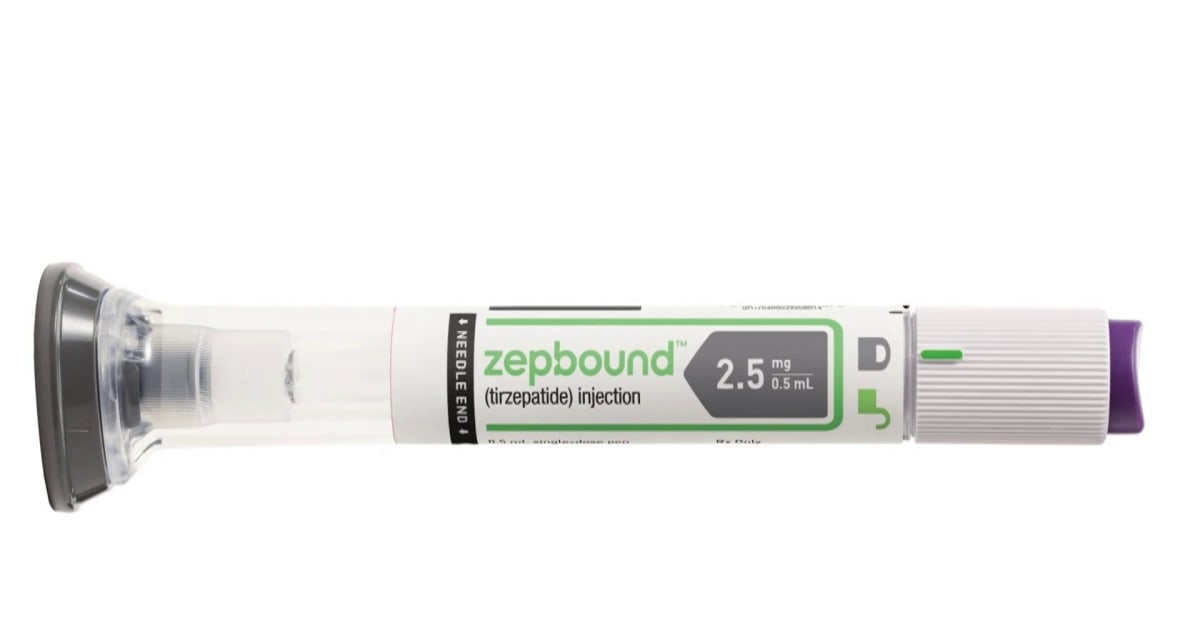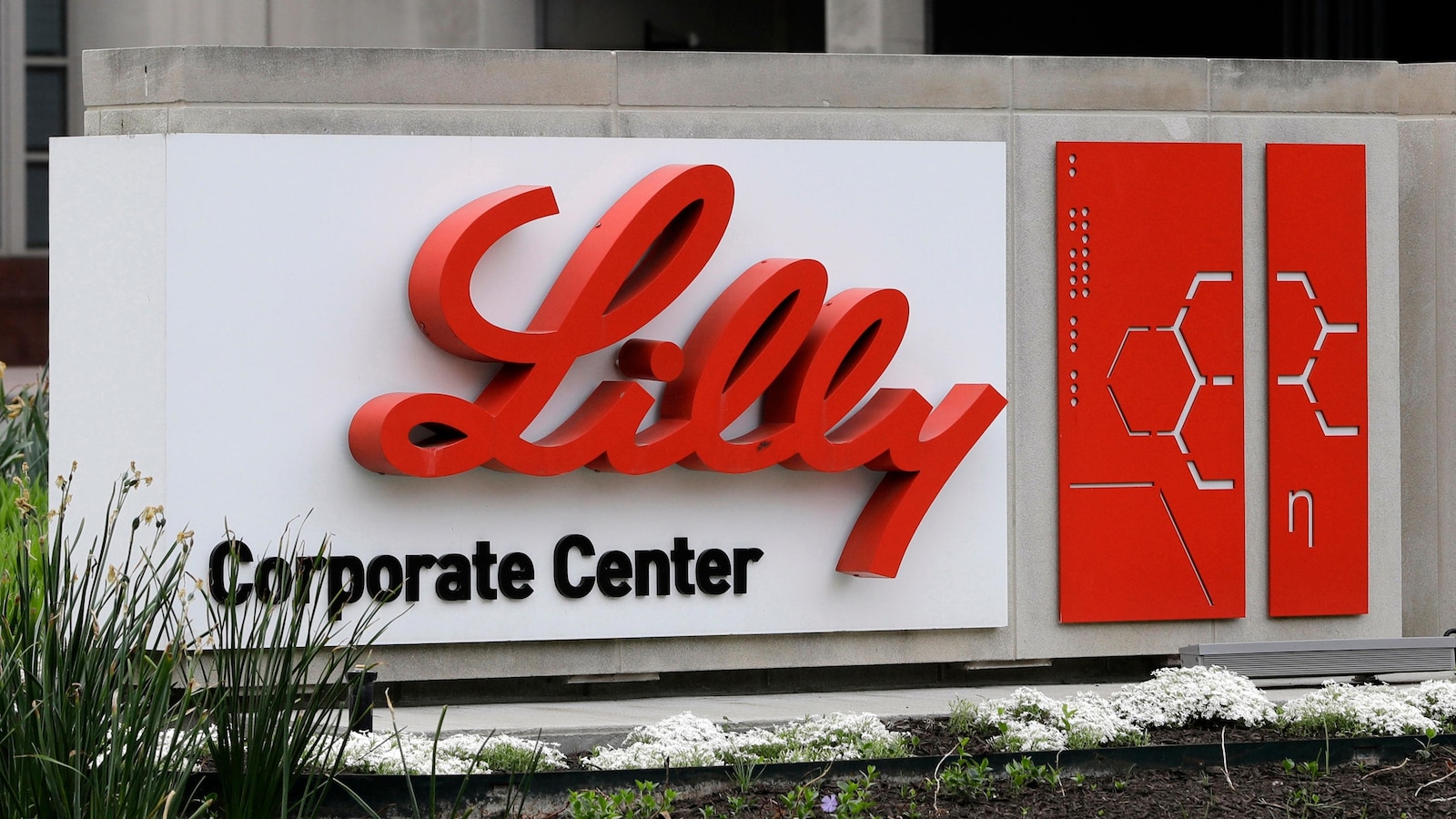
Dr Yan Shao, from the Wellcome Sanger Institute, said: “By analysing the high-resolution genomic information from over 1,200 babies, we have identified three pioneer bacteria that drive the development of the gut microbiota, allowing us to group them into infant microbiome profiles.
“Being able to see the make-up of these ecosystems and how they differ is the first step in developing effective personalised therapy to help support a healthy microbiome.”
Meanwhile, Dr Ruairi Robertson, Queen Mary University of London lecturer in microbiome science and who was not involved in the research, said: “This study significantly expands on existing knowledge about how the gut microbiome assembles in the first month of life.
“We have gained a lot of knowledge in recent years about the influence of birth mode and breastfeeding on gut microbiome assembly and the implications for common childhood disorders such as asthma and allergies.
“However, this has not yet translated into effective microbiome-targeted therapies.”
Prof Louise Kenny, from the University of Liverpool, said decisions around childbirth and breastfeeding were “complex and personal” and there was no “one-size-fits-all approach” when it came to the best options.
“We still have an incomplete understanding of how the role of mode of birth and different methods of infant feeding influence microbiome development and how this impacts later health,” she said.
“That’s why this research is vital,” she added.
This research is part of the ongoing UK Baby Biome study, external and is funded by Wellcome and the Wellcome Sanger Institute.
One of the authors, Dr Trevor Lawley, is a the co-founder of a company working on adult probiotics as well as a researcher at the Wellcome Sanger Institute.







